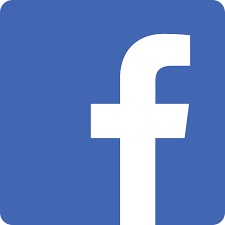 | TILLIG Modellbahnen GmbH | Promenade 1 | 01855 SebnitzTel.: +49 (0)35971 903-0 | Fax: +49 (0)35971 903-19 | E-Mail: info@tillig.comCookie-Einstellungen |
|
TILLIG Modellbahnen GmbH
Promenade 1
01855 Sebnitz
Tel.: +49 (0) 3 59 71/903-0
Fax: +49 (0) 3 59 71/903-19
E-Mail: info@tillig.com
Digital
Digital
Run and control the trains digitally with TILLIG Modellbahnen
All the drive vehicles in the current range (locomotives, multiple unit trains, etc.) are equipped with digital interfaces. These interfaces make it possible to retrofit the respective drive vehicle with a digital coder. The retrofitting is relatively easy and is described in detail in the respective operating instructions. The model railway operator can select from a large range of suppliers when choosing the digital components, e.g. a digital decoder. Contact your specialist dealer to obtain advice when selecting your digital system. We currently offer various digital components of various manufacturers. you can obtain more information on this in the digital components' section.
Advantages of digital control:
• Several power units can be controlled independent from each other. So you can imitate realistic operating situations better than an analogue control.
• With digital control it is not necessary to divide the set into several track sections for traction operations of several trains at the same time.
• Better driving characteristics than in conventional operation. excellent characteristics in driving slowly, with the decoder you have a constant speed independent of load.
• Simulation of starting and braking acceleration.
• Constant train lighting
• Additional functions like light and sound are separate and even works in stop
• Less work for wiring because activation of decoder for additional parts accurs by the track
Principle of digital control:
• Control is based on an "intelligent" controller
• A decoder integrated in the locomotive is "translating" the signal from control centre to the locomotive
• On the track a constantly voltage is still applied (in contrast to conventionally analogue operation where speed is controlled by vot
• Each locomotive has got an address to get propulsion command from control centre
• The locomotive only reponds to intructions from control centre which refers to their address. these ar instructions like controlling speed,
to choose driving direction, to switch light and sound functions)
• Several locomotives in the same track can have different drinving conditions - independently from each other
• The decoders can be programmed e.g. the address of the locomotive, starting / braking delay to simulate the loads of the train

